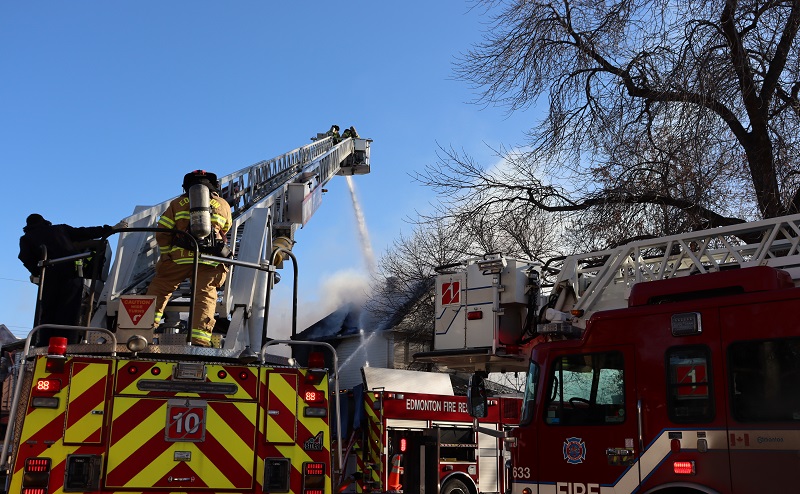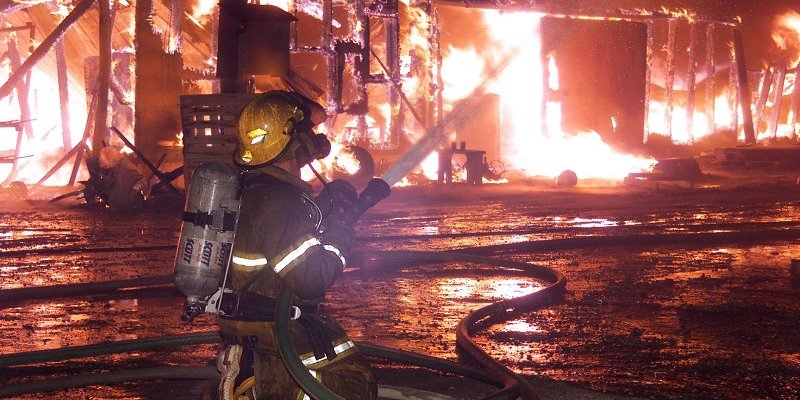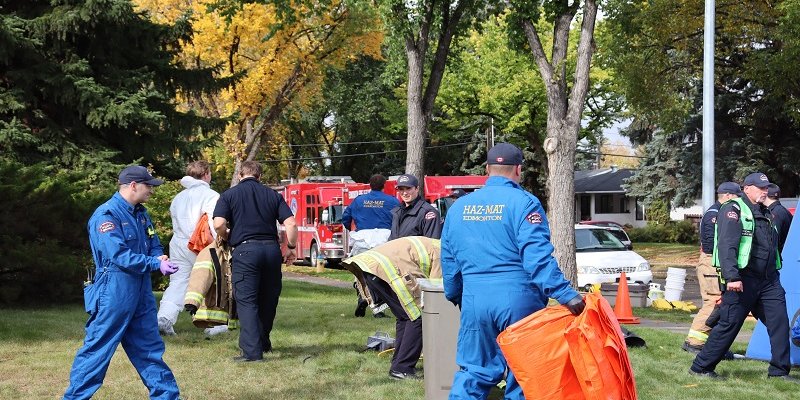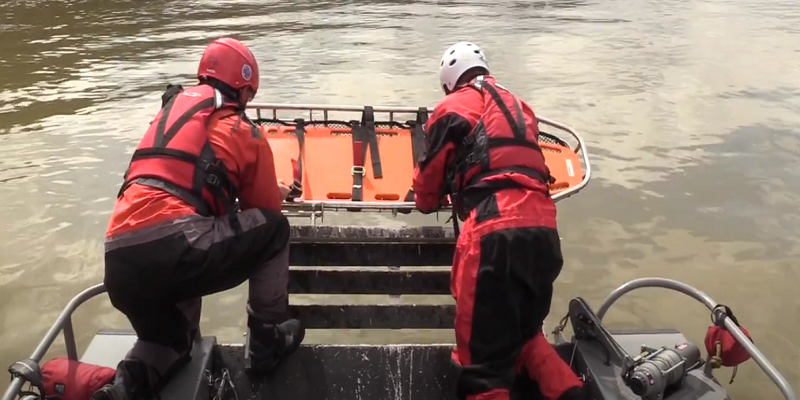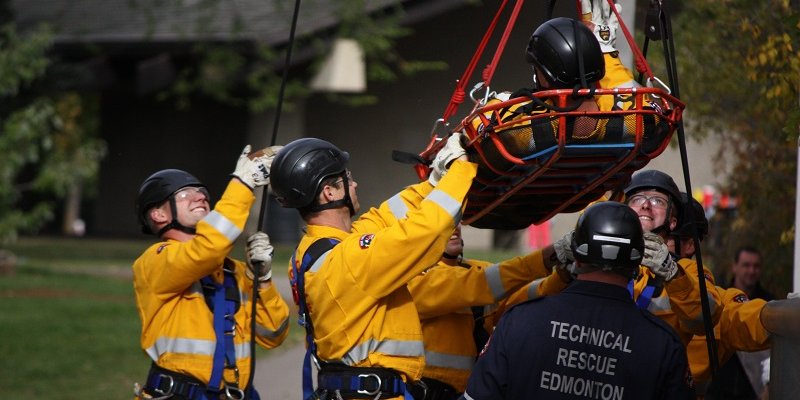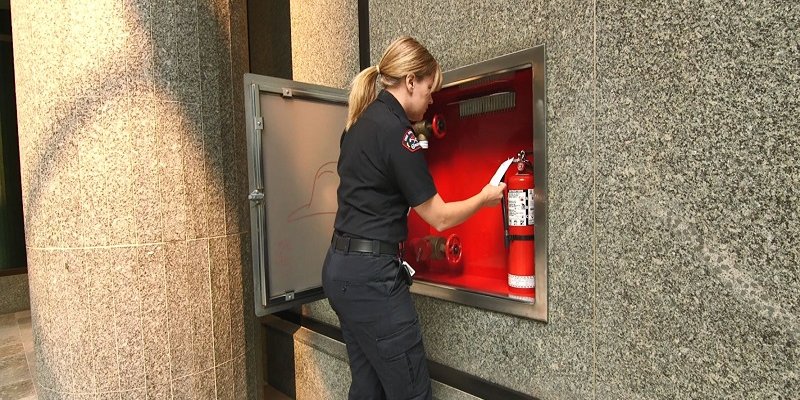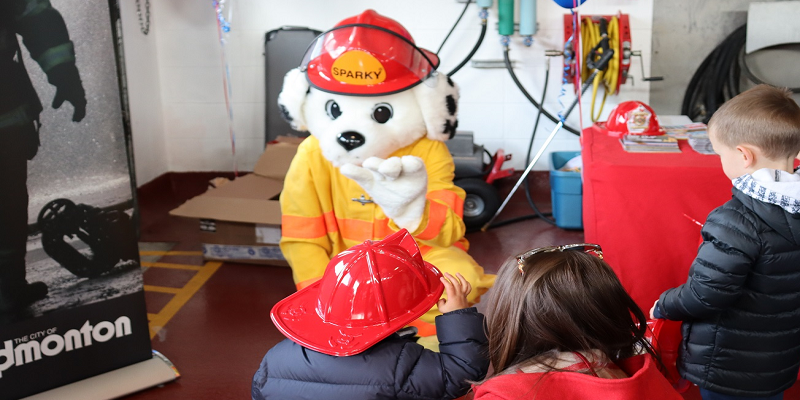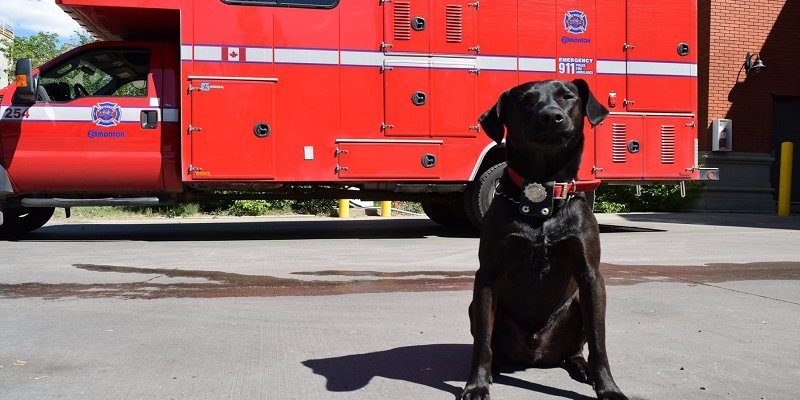The Hazardous Materials Team (HAZMAT) responds to any release that poses a hazard to people (life), property or the environment. Examples include, but are not limited to:
- Biological agent releases
- Compressed cylinder failures including propane, acetylene and Chlorine
- Cargo tank truck rollovers
- Chemical spills and leaks at industrial sites
- Radiological and explosion events
- Second alarm fires to measure and monitor air quality
The team responds out of Fire Station 10, where specialty trucks and equipment (including a self-sufficient, mobile decontamination unit) are available.
Current training is customized to meet the vast needs of the region and industries surrounding it, and exceeds National Fire Protection Association (NFPA) specifications.
HAZMAT also supports central and northern Alberta and Northwest Territories by responding to incidents, providing expertise and technical equipment as requested by individual municipalities, and is supported by all levels of government.


